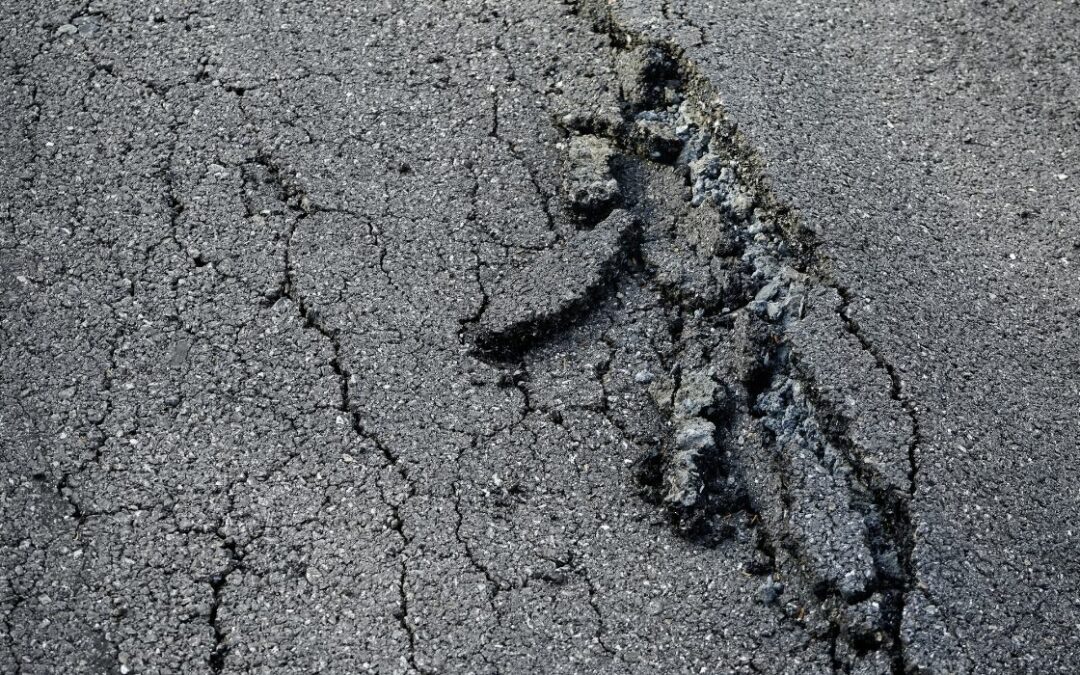Unlock the Prospective of Angled Parking with Hot Mix Asphalt Paving Solutions
Discovering the Environmental Advantages of Warm Mix Asphalt
The use of Hot Mix Asphalt in facilities projects presents an engaging situation for sustainable development and ecological stewardship. By diving into the elaborate details of its production processes and the ingenious use recycled products, a much deeper understanding emerges of how this innovation surpasses simple surface applications. The ecological benefits of Warm Mix Asphalt prolong far past preliminary impressions, supplying a nuanced point of view on how this product can lead the way for a greener future.

Decreased Greenhouse Gas Emissions
Warm Mix Asphalt manufacturing offers a considerable decrease in greenhouse gas discharges contrasted to various other sidewalk products. The manufacturing process of Hot Mix Asphalt entails heating the mix of aggregate and asphalt binder to heats. This process calls for less energy compared to the production of alternative sidewalk products, leading to reduced greenhouse gas exhausts. In addition, using recycled products in Warm Mix Asphalt better adds to lowering its ecological influence. By including redeemed asphalt sidewalk and recycled asphalt roof shingles into the mix, the requirement for virgin materials is decreased, resulting in energy savings and decreased emissions linked with removal and handling.
Research studies have revealed that Warm Mix Asphalt pavements have a smaller sized carbon impact over their life cycle contrasted to various other pavement alternatives. The resilience and recyclability of Warm Mix Asphalt better improve its environmental benefits by lowering the requirement for frequent upkeep or replacement, thereby saving resources and decreasing discharges associated with repair activities.
Power Effectiveness and Preservation
The manufacturing process of Hot Mix Asphalt not just minimizes greenhouse gas emissions however also adds substantially to energy effectiveness and preservation initiatives. Power effectiveness is a vital advantage of Warm Mix Asphalt production contrasted to other sidewalk kinds. The process involves heating the products at high temperatures to produce the asphalt mix, which needs less power than different techniques. Furthermore, the ability to reuse and recycle asphalt sidewalk additionally enhances energy preservation. By incorporating redeemed asphalt pavement (RAP) right into new blends, the industry saves power that would certainly have been needed to create entirely new materials. Moreover, the durability of Hot Mix Asphalt minimizes the regularity of maintenance and restoration, bring about long-term energy cost savings. This longevity lessens the energy-intensive procedures entailed in constant repairs and replacements. In General, Warm Mix Asphalt stands out as an eco-friendly choice that prioritizes energy performance and preservation throughout its lifecycle.
Sustainable Pavement Solutions

One key element of sustainable pavement options is using recycled materials such as reclaimed asphalt pavement (RAP) and recycled asphalt shingles (RAS) By incorporating these materials into the asphalt mixtures, the demand for virgin resources important link is reduced, resulting in lower energy consumption and greenhouse gas emissions during production. In addition, the reuse of these products aids draw away waste from land fills, adding to an extra sustainable and circular economy.
Additionally, sustainable pavement remedies concentrate on maximizing sidewalk style to improve performance and longevity. Methods such as cozy mix asphalt (WMA) and stone mastic asphalt (SMA) improve the toughness and durability of sidewalks, minimizing the need for regular repair work and substitutes. By implementing these cutting-edge techniques, framework designers can create sidewalks that not only fulfill high-performance standards yet also decrease read review their environmental impact.
Minimized Environmental Impact
Warm mix asphalt, in certain, provides a number of advantages that add to decreasing the total environmental impact of roadway facilities. One crucial aspect is the recyclability of asphalt, which can be recycled multiple times without jeopardizing its top quality - Regrading.
Moreover, the manufacturing of warm mix asphalt sends out lower levels of greenhouse gases contrasted to various other sidewalk materials, making it an extra ecologically pleasant option. The energy effectiveness of asphalt plants has actually additionally improved throughout the years, leading to decreased gas consumption and lower discharges. In addition, the smooth surface area of hot mix asphalt decreases rolling resistance hop over to here for automobiles, causing reduced gas consumption and decreased air pollution from automobile exhausts.
Payment to Environment Adjustment Reduction
Hot mix asphalt plays an important function in mitigating environment adjustment with its lasting properties and minimized ecological influence. One considerable payment to climate modification mitigation originates from the energy effectiveness of hot mix asphalt production. Contrasted to various other sidewalk alternatives, the manufacturing process for warm mix asphalt takes in less energy and discharges reduced levels of greenhouse gases, thus decreasing its overall carbon footprint.
In addition, warm mix asphalt's capability to show sunlight, called albedo, aids in minimizing metropolitan heat island results. By decreasing warm absorption and retention, hot mix asphalt sidewalks can reduce the demand for air conditioning in city locations, consequently decreasing greenhouse gas exhausts linked with energy consumption for cooling down functions.
Additionally, the resilience and recyclability of warm mix asphalt better enhance its environment adjustment mitigation capabilities. Regrading. The lengthy lifespan of asphalt sidewalks minimizes the need for constant repair work or substitutes, eventually decreasing the carbon exhausts linked to roadway maintenance tasks. Additionally, the recyclability of asphalt products lessens the need for virgin resources and decreases the environmental influence of pavement construction, lining up with sustainable methods for climate modification mitigation.
Conclusion
Finally, the environmental advantages of Hot Mix Asphalt show its considerable payment to decreasing greenhouse gas emissions, saving power, and lessening ecological influence. This sustainable sidewalk remedy aligns with climate adjustment mitigation initiatives, advertises resource conservation, and enhances facilities advancement. By utilizing recycled materials, energy-efficient production processes, and resilient design, Hot Mix Asphalt plays an important duty in fostering a much more eco-friendly strategy to infrastructure building and construction.
The production procedure of Warm Mix Asphalt involves warming the blend of aggregate and asphalt binder to high temperature levels. By integrating reclaimed asphalt pavement and recycled asphalt roof shingles into the mix, the need for virgin materials is lowered, leading to energy financial savings and lowered exhausts connected with extraction and processing.
One secret facet of sustainable pavement solutions is the usage of recycled products such as redeemed asphalt sidewalk (RAP) and recycled asphalt tiles (RAS) Strategies such as cozy mix asphalt (WMA) and stone mastic asphalt (SMA) enhance the durability and strength of sidewalks, minimizing the requirement for regular fixings and substitutes. Compared to various other pavement choices, the production process for warm mix asphalt eats much less energy and sends out reduced levels of greenhouse gases, hence minimizing its overall carbon footprint.